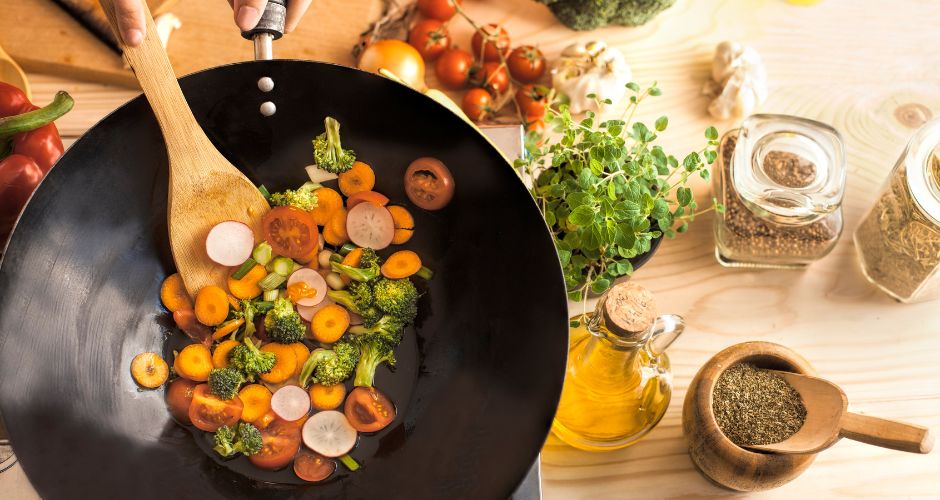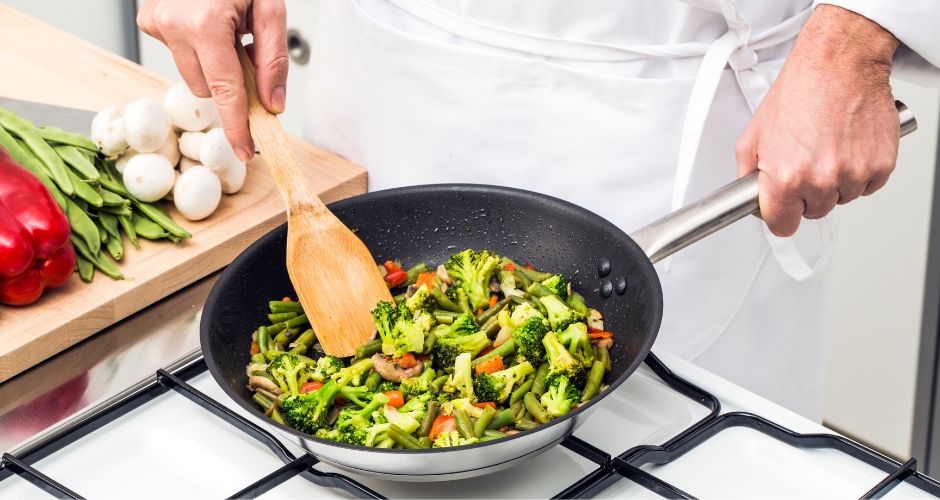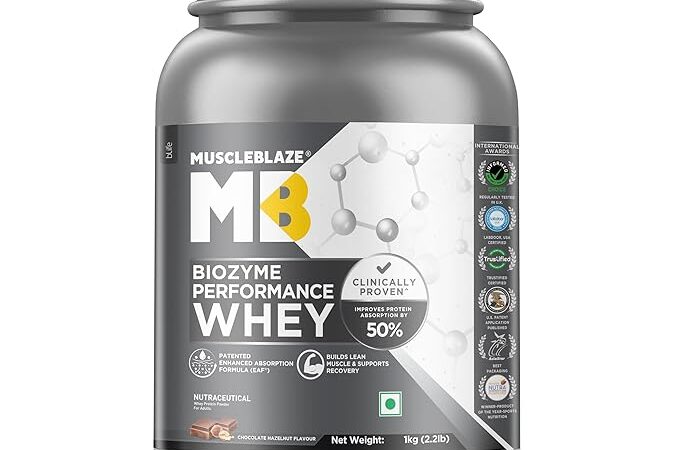Fact or Fiction: Nutritional Benefits of Cooked Vegetables

In the world of nutrition, there are often debates about whether raw or cooked vegetables are better for our health.
Since childhood, your parents may have favored raw veggies over cooked ones, believing they provided more nutritional benefits. This preference aligns with the principles of raw-based diets, emphasizing the advantages of consuming uncooked foods. But is this belief genuinely accurate? Let’s examine the evidence to determine the truth behind this claim are cooked vegetables good for you?
Vitamin Value
Water-soluble vitamins, such as vitamins B and C, are particularly vulnerable to degradation during processing or cooking. For instance, frozen cherries can lose up to 50% of their anthocyanin content after six months in the freezer, while spinach may experience a two-thirds reduction in Vitamin C levels after cooking or steaming.
In contrast, fat-soluble vitamins like Vitamins A, D, E, and K, as well as carotenoids, tend to retain their integrity better through cooking and processing. Research published in the Journal of Agriculture and Food Chemistry suggests that boiling carrots, zucchini, and broccoli can help preserve their nutritional value.
However, there’s a caveat: while boiling carrots may enhance their carotenoid levels, raw carrots boast higher polyphenols. Unfortunately, polyphenols degrade when exposed to water, negating their benefits.
Consider broccoli, which experiences a significant decline of 22–34% in Vitamin C content when steamed or boiled. In contrast, microwaving or pressure-cooking preserves up to 90% of its Vitamin C content.
Digestion Factor
The impact of cooking on digestibility is another crucial factor. Some individuals find cooked vegetables more accessible to digest due to the softening of tough fibers during cooking. While cooking may reduce the nutritional content, it also decreases the workload on the digestive system.
Furthermore, raw vegetables typically have higher water content, leading to a feeling of fullness with smaller portions. Conversely, cooking reduces water content, allowing for increased consumption and enhanced nutrient intake.
Storage
The availability of fresh produce year-round varies depending on location. When fresh vegetables are transported over long distances, they may lose nutritional value due to exposure to light and air. Opt for locally sourced produce whenever possible, as it tends to retain more nutrients. Alternatively, frozen vegetables can be a viable option, offering slightly lower vitamin levels but still providing essential nutrients.

The Science Behind Cooking
- Enzyme Activity: Cooking can break down tough cell walls in vegetables, making some nutrients more accessible for absorption.
- Heat Sensitivity: Certain vitamins, like vitamin C and some B vitamins, are sensitive to heat and may be partially lost during cooking.
- Nutrient Retention: Some nutrients, like lycopene in tomatoes, are actually enhanced by cooking as the heat breaks down cell walls.
Myth Busting: Are cooked or raw vegetables better for you
- Bioavailability: While some nutrients may be lost during cooking, the bioavailability of certain nutrients actually increases when vegetables are cooked.
- Digestibility: Cooked vegetables are often easier to digest, especially for individuals with sensitive stomachs or digestive issues.
Getting the Best of Both Worlds
- Combination Cooking: Incorporating a variety of both raw and cooked vegetables in your diet can ensure you’re reaping the benefits of both preparation methods.
- Steaming vs. Boiling: Opting for steaming instead of boiling can help retain more nutrients in vegetables.
Practical Tips for Cooking Vegetables
- Quick Cooking: Avoid overcooking vegetables to preserve as many nutrients as possible.
- Seasoning: Enhance the flavor of cooked vegetables with herbs, spices, and healthy fats like olive oil.
- Variety: Experiment with different cooking methods to keep your meals interesting and nutritious.
Regarding vegetables, the age-old debate of whether cooked or raw veggies offer more nutritional benefits has been a topic of conversation for years. Let’s dive into the facts and fiction surrounding this common kitchen problem.
Fact: Cooking Can Enhance Nutrient Absorption
- Cooking vegetables can break down rigid cell walls, making it easier for our bodies to absorb certain nutrients like lycopene in tomatoes and beta-carotene in carrots.
- Boiling, steaming, or roasting vegetables can increase the bioavailability of certain nutrients, which may enhance their overall nutritional benefits.
Fiction: Cooking Destroys All Nutrients
- While it is true that some nutrients, like vitamin C, can be affected by heat, not all nutrients are lost in the cooking process.
- Cooking vegetables can make certain nutrients more accessible to our bodies, providing a balance between raw and cooked veggie consumption.
Fact: Some Vegetables are Healthier When Cooked
- When cooked, certain vegetables, such as spinach and tomatoes, release more antioxidants like lutein and lycopene.
- Cooking can also make some vegetables more accessible to digest, benefiting individuals with sensitive digestive systems.
Fiction: Raw is Always Better
- While raw vegetables certainly have their benefits, cooked vegetables can offer a different set of advantages.
- It’s all about incorporating a variety of natural and cooked vegetables into your diet to reap the full spectrum of nutrients they offer.
Fact: Cooking Can Enhance Flavor and Variety
- Cooking vegetables can enhance their flavor profile, making them more enjoyable.
- Experimenting with different cooking methods and seasonings can add variety to your vegetable intake, making it easier to stick to a healthy diet.
Fiction: Cooking Always Diminishes Nutritional Value
- While cooking can alter the nutrient content of vegetables, it doesn’t necessarily mean they lose all their nutritional value.
- The key is to balance raw and cooked vegetables to ensure you get a wide range of nutrients.
In conclusion, whether raw or cooked vegetables offer superior nutritional benefits depends on various factors. While cooking may lead to some nutrient loss, it can also improve digestibility and allow for increased consumption. Therefore, a well-balanced diet incorporating raw and cooked vegetables is likely the most beneficial approach to promoting overall health and nutrition.
Recommended – Role of High-Carb Vegetables in Your Diet






